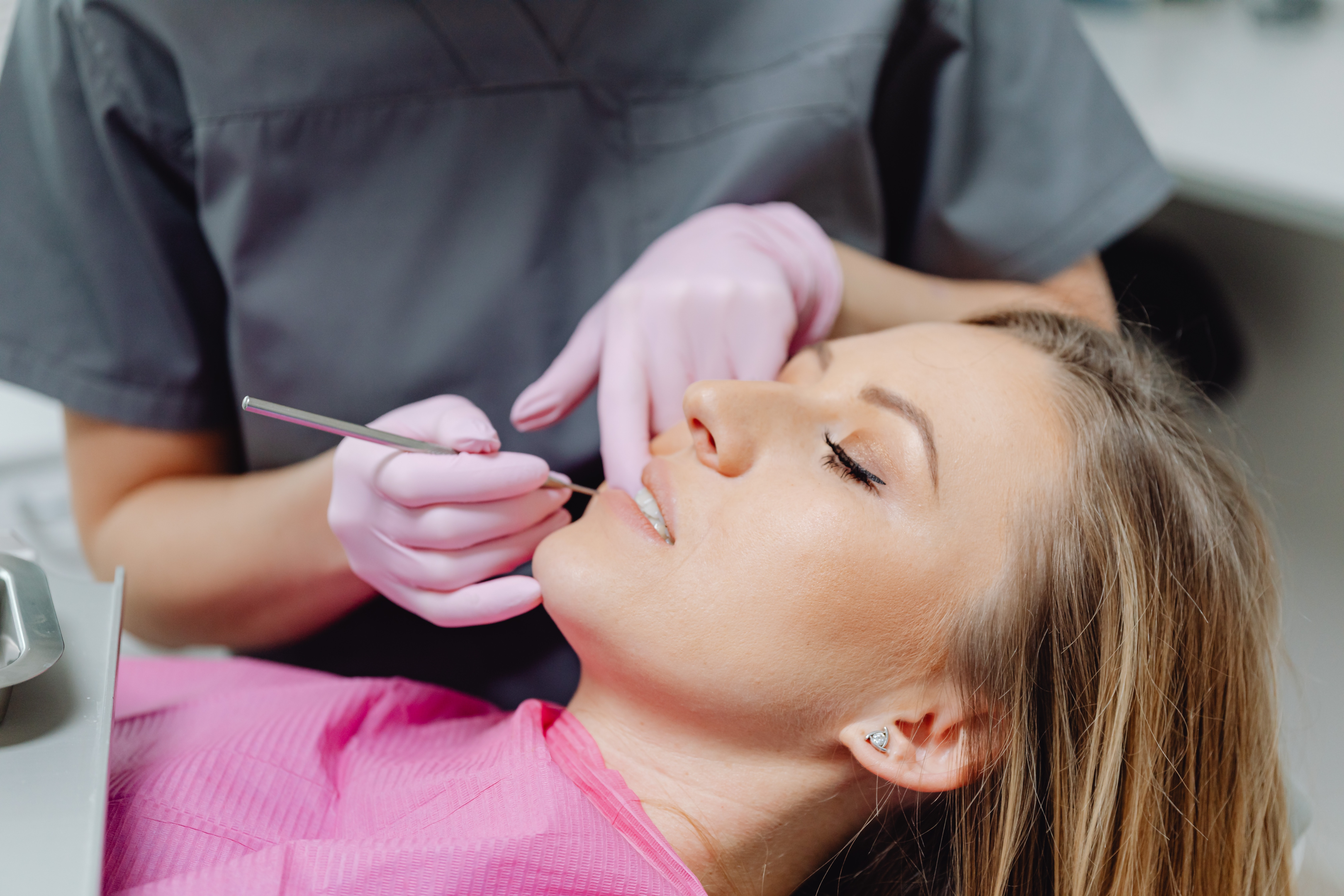Bad breath, also known as halitosis, is a common oral health problem caused primarily by poor oral hygiene and may indicate that an individual is suffering from other health-related issues such as heartburn and dry mouth. According to studies, approximately 25% of people suffer from bad breath, which explains why most stores stock their shelves with mints, gum, and mouthwashes. However, these products only provide temporary relief because they do not address the underlying cause of your oral health problem. Unlike tooth decay or gum disease, which are often visible, bad breath is not.
What is halitosis?
Halitosis is a psychologically distressing oral health problem. Everyone experiences bad breath from time to time, especially after consuming onions, garlic, or other pungent foods. However, persistent bad breath is not normal. Halitosis is a symptom of a variety of medical conditions, and seeking dental services is the best way to determine the source of your bad breath.
Oral Health Care: Common Causes of Bad Breath
General Oral Hygiene
The most common cause of bad breath is poor oral and dental hygiene. If you fail to clean your teeth and mouth on a regular basis, food remnants and bacteria buildup can adhere to your teeth, forming plaque. The uneven surface of your tongue and tonsils transports food particles and bacteria deeper into your mouth, resulting in bad breath. Aside from bad breath, poor dental care can lead to tooth decay, gum disease, and cavities. Keep in mind that the sooner you treat dental problems, the better.
Alcohol
Another well-known cause of bad breath is alcohol consumption. If you drink frequently, you are more likely to develop halitosis. Excessive alcohol consumption decreases saliva production, allowing odor-causing bacteria to thrive. If you frequently drink and have bad breath, make an appointment with a dentist. Adopting another person's treatment plan will not save you money. Your situations may be similar, but your individual oral health requirements may differ.
Dry Mouth
Saliva performs an important function in cleaning the mouth by removing food particles that can cause bad breath. You may develop bad breath if your saliva production decreases or stops. Humans have dry mouths when they sleep, which explains why their morning breath stinks. If the odor persists after brushing your teeth, you should see a dentist. A dentist may even take high-resolution dental images to determine the source of your dental problems.
Again, without a diagnosis, you can't be sure what's causing your bad breath. Taking periodontal disease tooth decay treatment can make your dental situation worse. Self-diagnosis and medication should be avoided.
Oral Health Tips to Prevent Bad Breath
Practice good oral hygiene.
Brushing twice daily with fluoride toothpaste aids in the removal of food debris and the prevention of plaque formation. While you're at it, brush your tongue or use a tongue scrapper. Bad breath can be contributed to by bacteria in the mouth.
Undergo Necessary Dental Procedures
Brushing, no matter how effective, does not remove food particles stuck between tooth gaps. Look into professional dentist services to have your teeth checked. You may need preventive or corrective dental procedures depending on your diagnosis.
Corrective procedures such as Invisalign treatment or the installation of traditional metal braces can be expensive. However, the cost is negligible in comparison to the benefits. Properly aligned teeth reduce the risk of dental problems caused by food particles stuck in between the teeth.
Visit a dentist regularly.
It takes commitment to create a preventative dental care culture. The most effective way to avoid bad breath or other dental problems is to visit reputable dental services on a regular basis.
Most dental services also provide professional teeth cleaning in order to remove foreign particles from the teeth. But the dental team can only do so much. You are responsible for the majority of the work, which includes maintaining excellent oral hygiene.
Drink Water
Water helps to keep the mouth moist. Similarly, chewing sugarless gum stimulates saliva production, which aids in the removal of bacteria and food particles.
How Can I Get Rid of Bad Breath for Good?
As previously stated, treating the underlying cause of the problem is the only way to effectively address it. Mints and gum can only mask the odor. For the best dental care, see a professional dentist. Once the cause of the bad breath has been determined, the dentist will devise a treatment plan to meet your oral health needs.
What Health Problems Cause Bad Breath?
Persistent bad breath may be an indication of gum disease, but you won't know for sure unless you see a dentist. The following are some illnesses and conditions that can cause bad breath:
Diabetes
Respiratory tract infection.
Chronic lung infection
Chronic acid reflux
Gastrointestinal issues
When Should I See a Dentist?
If you have bad breath and are unsure of the cause, go over your oral hygiene routine before seeking dental care. Develop healthy habits such as brushing twice a day, scraping your tongue, drinking plenty of water, and flossing on a regular basis. If the odor persists after making these changes, seek dental attention. If your halitosis is caused by a more serious medical condition, your dentist may refer you to a doctor.
Need Help Conquering Bad Breath? Contact Smile 4 Me Dental
If you’re looking for a reliable and affordable dental care provider, Smile 4 Me Dental is here for you. We offer teeth whitening, dental fillings and extractions, root canal treatment, and other services at reasonable prices. Our previous clients have been more than happy with the quality of our services, so contact us today to schedule an appointment.
